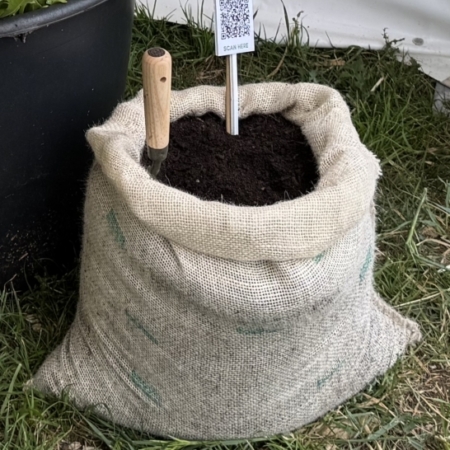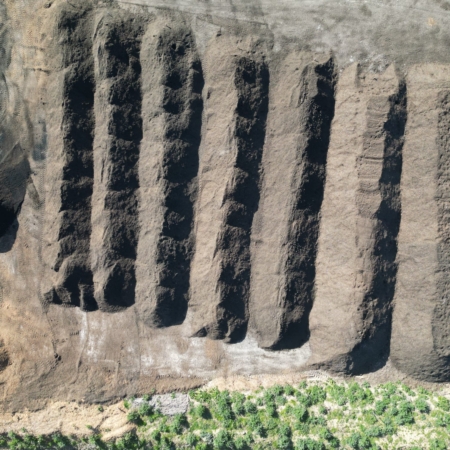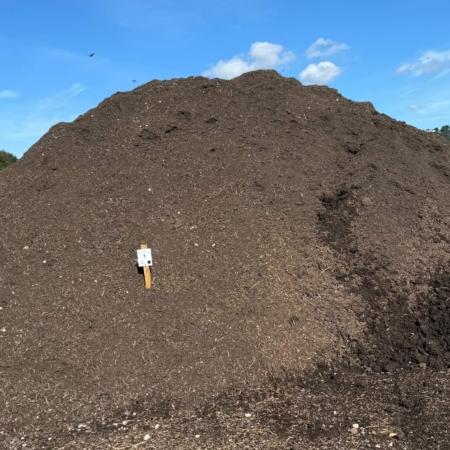Biochar Composts
Biochar added to compost provides several benefits.
- As it is so porous, it is a wonderful “house” for microbes to reside and feed in (see next point). For some microbes, that can hide in the smaller crevices of the biochar, it can provide a haven from predator nematodes.
- Through the Cationic Exchange Capacity of biochar, electrically charged ions attract minerals and nutrients thereby reducing runoff and providing a food store for the microbes (see above).
- Mycorrhizal fungi and plant roots have formed a symbiotic relationship in the spaces provided by biochar whereby they exchange goods such as nutrients to the plants, and sugars and carbohydrates to the fungi. These relationships, we believe are far more important than the provision of nutrients by way of artificial fertilisers.
Soil science and life in soil is a little understood and complex relationship, and it is beyond the remit of this site to try to explain the intricacies of this subject. Suffice to say, over many years industrial applications of chemical additives in gardens and on land, have gone a very long way to destroying life in soil, meaning we must add more chemicals to the land to achieve the same results – which is not a good recipe. We are only just starting to understand what has happened and what we need to do to restore this life. Biochar is an important part of this restoration programme along with other organic remediation techniques, such as low till, nitrogen fixing plants and permanent crop cover.
- Display 15 Products per page


